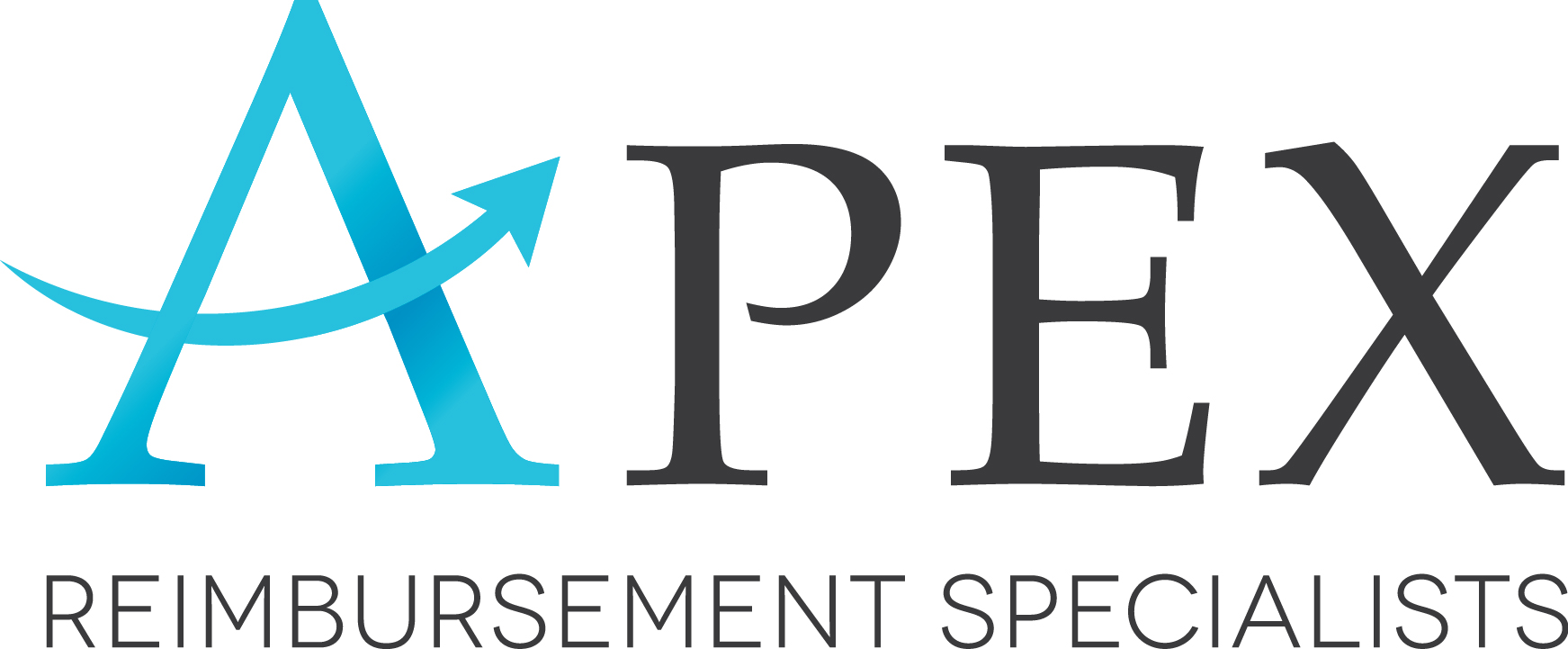Dental billing errors can lead to many issues for dental practices, including delayed payments, reimbursement denials, and potential legal consequences. It’s crucial for every dental professional to understand the most common billing errors and take proactive steps to prevent them. How can you avoid the most common errors?
Coding Errors
Coding errors are among the most common dental billing errors. These errors can occur due to the incorrect use of procedure codes, inaccurate coding, or failure to use the most updated version of codes. Such errors can result in claim denials, delayed payments, or even audits.
To avoid coding errors, you should ensure that you regularly update your coding practices and codes based on insurance changes. Train your staff on proper coding guidelines and ensure they use the most recent codes. Additionally, you can utilize electronic billing systems or software to validate codes and flag potential errors before claims are submitted.
Incomplete Documentation
Incomplete documentation is another common cause of dental billing errors. Insufficient documentation can lead to claim denials or payment delays, as insurers may ask for more detailed information to process the claim. Supporting documentation can include things like treatment details, diagnostic records, and supporting documentation.
To avoid documentation errors, you can implement documentation processes that record all necessary information for billing and claims submission. Teach your staff the importance of thorough and accurate documentation so that they understand their role in the financial health of your practice. You can also use electronic health record (EHR) systems or dental practice management software that will streamline documentation processes and keep everything organized.
Unverified Insurance Coverage
Another significant cause of billing errors is failing to pre-verify patients’ insurance coverage. When you don’t take the time to check their eligibility ahead of time, you might experience claim rejections or denials if the services are not covered by the patient’s insurance. Incorrect insurance information can also lead to billing discrepancies.
If you want to limit insurance verification problems at your dental practice, you should start by always pre-verifying insurance information before patients arrive for their appointments. Have staff confirm insurance information with patients when confirming the appointment and when patients arrive for their appointment. Many practices also choose to invest in software that can automatically verify patient insurance information.
Improve Your Dental Practice with APEX Reimbursement Specialists
Whether you’re looking for a way to make revenue cycle management at your dental practice easier or hoping to improve your overall patient communication plan, APEX Reimbursement Specialists is here to help. Contact our team today by calling (410) 710-6005. We look forward to working with you to make your practice a more profitable place.

